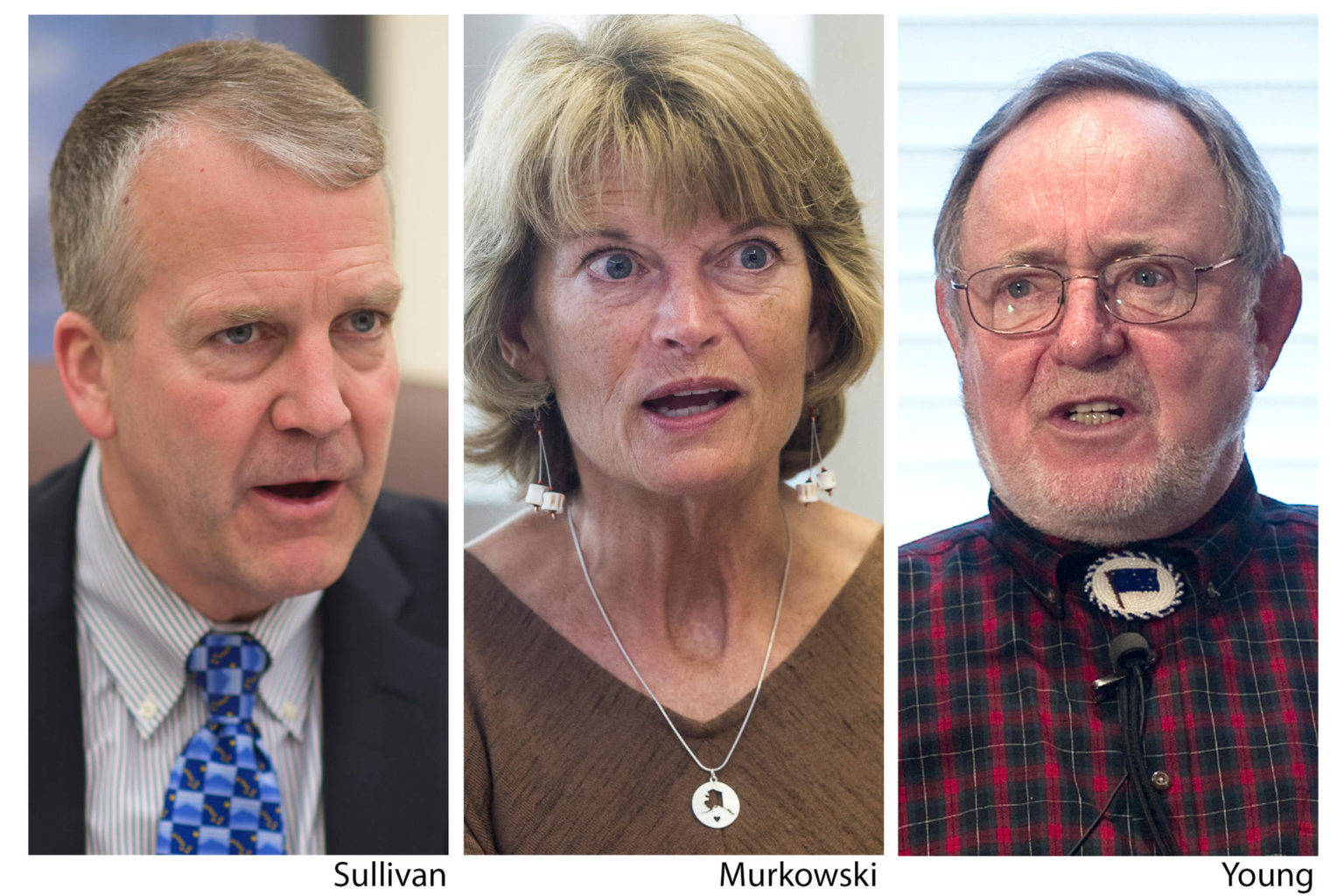The U.S. Senate passed an additional $484 billion in relief funding Tuesday, with most of the money going to refill the coffers of the Paycheck Protection Program, a federal loan program that ran out of funds after only a few days of operation.
“Yesterday, the Senate passed an addendum, I’m not sure what we want to call it, CARES Act 2.0,” said Sen. Lisa Murkowski, R-Alaska, on a telephone press conference with Sen. Dan Sullivan and Rep. Don Young, both Republicans. Of the additional funding, $300 billion of it will go to the PPP program, a federal loan program meant to give money to small businesses in order to keep employees on payroll.
But much of the original $349 billion Congress allocated for PPP in the CARES Act was claimed by large, publicly traded companies, according to an Associated Press report.
“When we passed the Families First Act and when we passed the CARES Act we knew we were going to be underestimating in certain areas,” Murkowski said. “We saw a crush of demand.”
This round of funding would be better managed, the delegation said, with loans being directed specifically to small businesses.
“We have questions for the (Small Business Administration) to make sure that doesn’t happen again,” Sullivan said. “We’re trying to make the programs more effective for those on the ground.”
Asked about the enormous cost of the relief packages, the delegation said they felt the expenditure was necessary under the circumstances.
“First place, we got to get America back to work,” Young said. “This is a large amount, but if we hadn’t done it we’d be in worse shape.”
The federal government has spent over $2 trillion fighting the coronavirus, but Sullivan drew a comparison between the current pandemic and WWII.
“Our GDP-to-debt ratio is still actually lower than when we fought that war,” Sullivan said, noting the nation was able to come back from that economic downturn.
“Doing nothing was not an option,” Sullivan said.
Sullivan even floated the idea of implementing something along the lines of the war bonds.
The delegation made it clear that additional assistance was coming but could not say what or when that might be.
“We are cognizant we have directed a lot of federal resources and it will require us getting back to work in order to deal with this,” Murkowski said. “When you think of your choices here, you had no good choices.”

